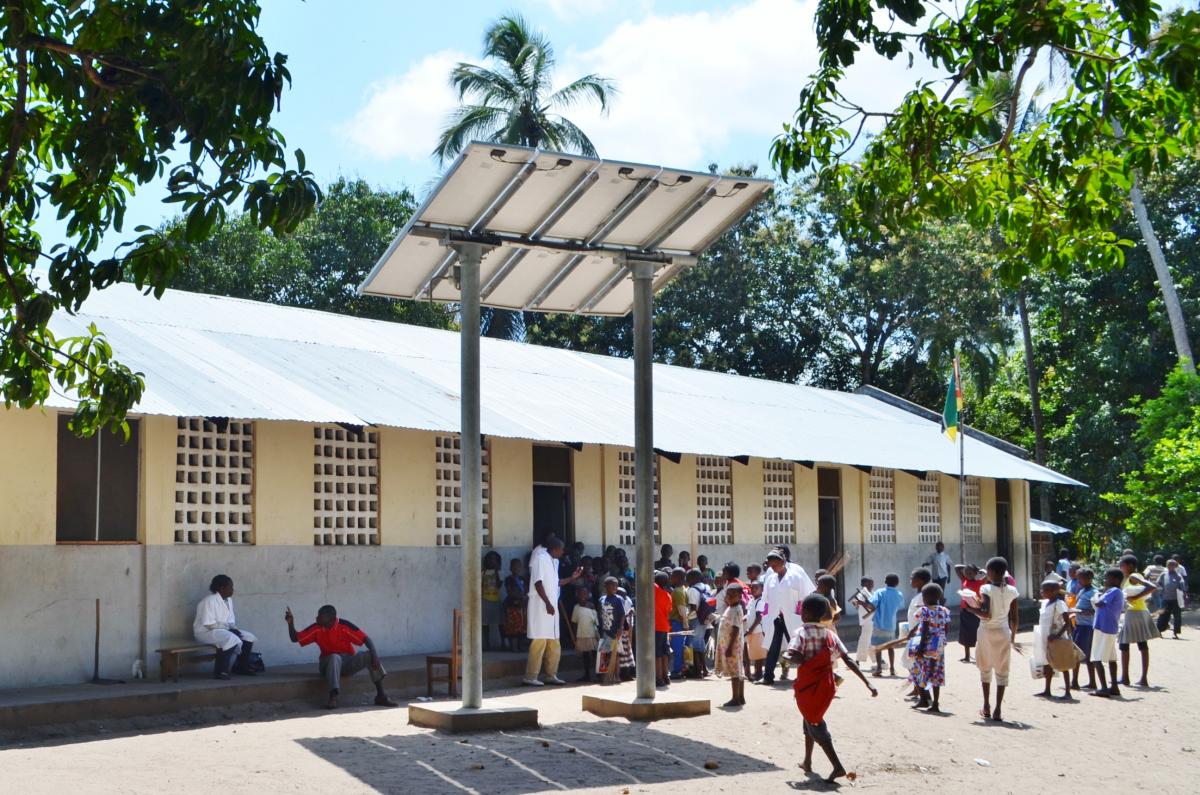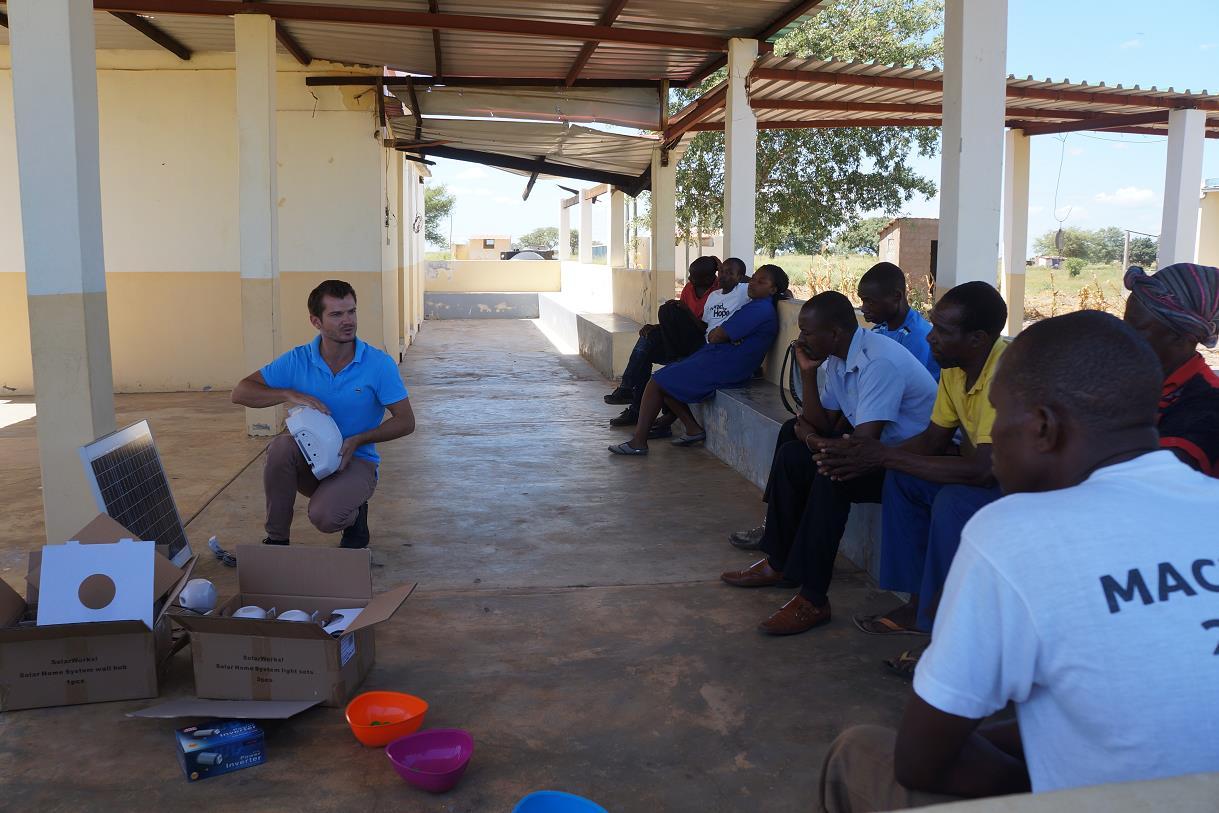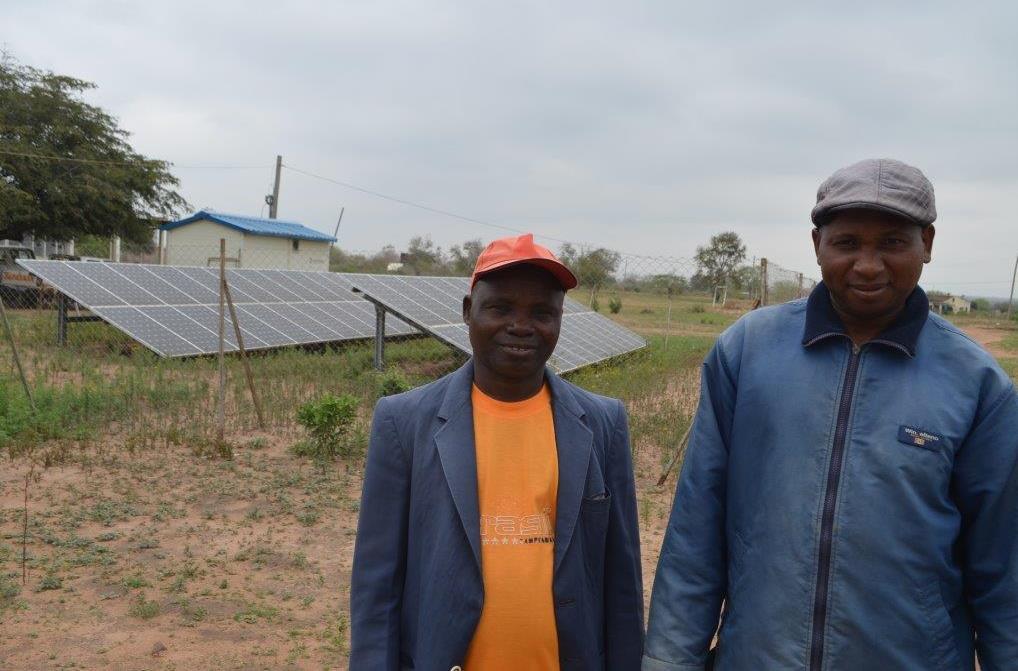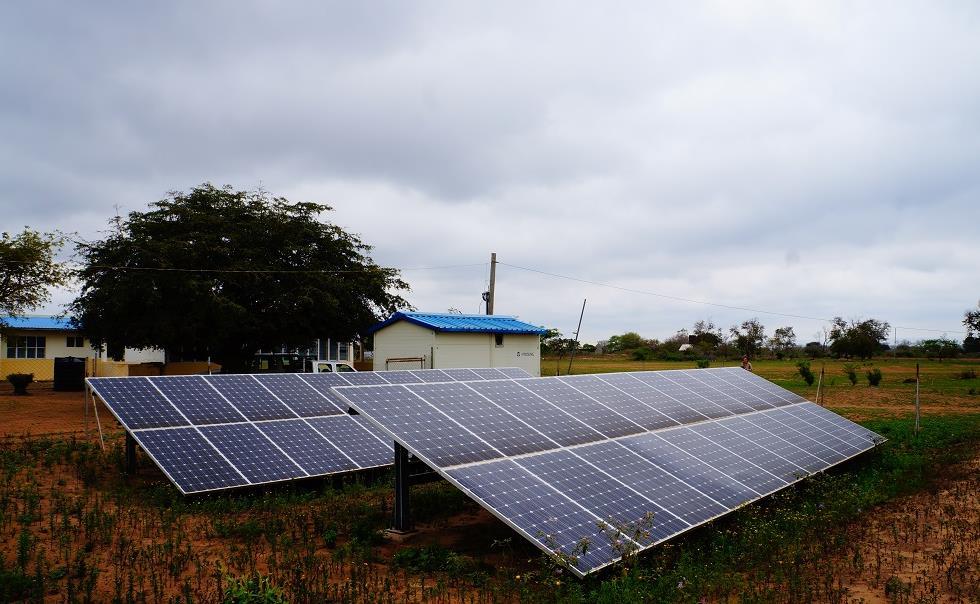|
Renewable Energy for Rural Development Mozambique.
Notwithstanding the energy generated by the Cahora Bassa power plant and some other minor hydro power plants, energy consumption in Mozambique relies still heavily on wood and petroleum products.
In rural areas most of the energy is obtained from fuel, wood and charcoal, which are costly, inefficient and environmentally damaging.
By the end of the year 2008, around 615.000 households, mostly in urban areas, had access to the electricity grid, giving an electricity access rate of 12%, significantly below the SADC average of 27%.
The electricity access rate in rural areas, where the population is very scattered, is less than 5%. Grid extensions towards rural areas remain very expensive and are not economically viable.
In order to increase the access to energy in rural areas, this program will focus on off-grid energy systems, based on renewable energy resources (hydraulic, solar and wind), in remote rural areas where no grid connection is foreseen within the next five years.
- The program will finance, on grant basis, electrification systems for community infrastructures such as administrative buildings, schools, health centres, water pumping devices and public lighting.
- Renewable energy installations for private use (household, shops or small enterprises) will be stimulated by subsidies (investment funds) and soft loans through micro-finance systems. This will make the investment more economically feasible for rural people.
In order to increase the sustainability of the renewable energy installations, the program will also provide a computerized asset management system and technical assistance focused on capacity building through training initiatives, research and development. Two long-term international experts (one with technical and one with a socio-economical profile) will join and cooperate with the FUNAE staff during the implementation of the project.
|




